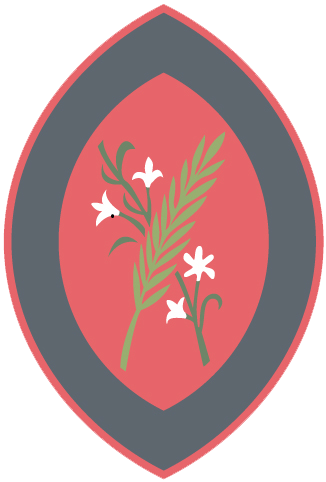Personal, Social, Health and Emotional (PSHE)
Children at St Agatha's are taught PSHE through the Jigsaw programme. These units of study are well sequenced to provide a coherent subject scheme that develops children’s knowledge and skills.
PSHE has dedicated time each week and the statutory learning of relationships and sex education (RSE) is taught within the agreed guidelines from the Archdiocese of Southwark. TenTen resources ensure a consistent approach to teaching RSE following the catholic ethos and provide teaching and learning opportunities progressively from Nursery through to Year 6.
The five Jigsaw puzzles provide opportunities for making meaningful connections with other projects. Group work, speaking and listening and accepting others’ points of view are all important skills required across the curriculum.
Lessons are designed to support emotional literacy skills and include learning about self-awareness, social skills, managing feelings, motivation and empathy.
PSHE projects are taught in the Autumn, Spring and Summer Term. Each year group follow the same themes throughout the year which show a progression of skills and a deeper understanding of learning.
|
Key Stage 1
In Key Stage 1, each autumn term begins with Being Me in My World and Celebrating Difference. In year 1, children explain why they have the right to learn in a safe and happy classroom. They give examples of how they are similar or different to others and why this makes them special. In year 2, children justify the choices they make and discuss situations of bullying.
In the spring term, children learn through Dreams and Goals and Healthy Me.
In year 1, children explain what helps them to succeed in a learning challenge and suggest ways in which we can keep our bodies healthy. In year 2, children develop skills in group work to achieve a goal and explain how food and medicine are good for their bodies compared to less healthy or unsafe choices.
The summer term completes the cycle with RSE using TenTen resources. In year 1, children think about relationships in their lives and how their qualities help contribute to these. In year 2, children compare positive relationships to those that make them feel uncomfortable.
|
|
Lower Key Stage 2
In Lower Key Stage 2, each autumn term begins with Being Me in My World and Celebrating Difference. In year 3, children recognise how their behaviour can affect how others feel. They describe conflicts that might happen in family or friendship groups and learn how words can be used in kind or hurtful ways. In year 4, children explain why listening and being listened to is important in the school community. They identify why bullying might be difficult to spot and what to do about it if they are not sure.
In the spring term, children learn through Dreams and Goals and Healthy Me.
In year 3, children develop an understanding of what helps them to learn and what they need to do to improve. They learn strategies to keep themselves safe and know who to go to for help when needed. In year 4, children plan and set new goals even after disappointment. They recognise when people put them under pressure and explain ways to resist this.
The summer term completes the cycle with RSE using TenTen resources. In year 3, children explore how their life is influenced positively by people they know and around the world. In year 4, they reflect on how people feel when they miss a special person or an animal.
|
|
Upper Key Stage 2
In Upper Key Stage 2, each autumn term begins with Being Me in My World and Celebrating Difference. In year 5, children compare their lives with people from other countries and explain why we have rules, rights and responsibilities to try and make our community a fair place. They explain the differences between direct and indirect types of bullying and offer a range of strategies to use if needed. In year 6, children explain how their choices can have an impact on people in the immediate community and globally. They explore ways in which difference can be a source of conflict or a cause for celebration.
In the spring term, children learn through Dreams and Goals and Healthy Me.
In year 5, children compare their hopes and dreams with those of young people from different cultures. They explain the different roles that food and substances can play in people’s lives including alcohol and smoking. In year 6, children think of ways to work with others to make the world a better place. They explain when substances including alcohol are being used anti-socially or being misused and the impact this can have on others.
The summer term completes the cycle with RSE using TenTen resources. In year 5, children compare different types of friendships and the feelings associated with them. They explain how to stay safe when using technology and negotiate situations of peer pressure. In year 6, children identify when people may be experiencing feelings associated with loss and also recognise when people are trying to gain power or control.
The RSE resources from Ten Ten are divided into three areas of learning for each year group. They are; Module 1 Created by God, Module 2 Created to Love Others and Module 3 Created to Live in Community.
|
Whole school assemblies introduce each new puzzle throughout the year. Teachers assess children’s knowledge and understanding at the end of every puzzle through group or individual projects.
